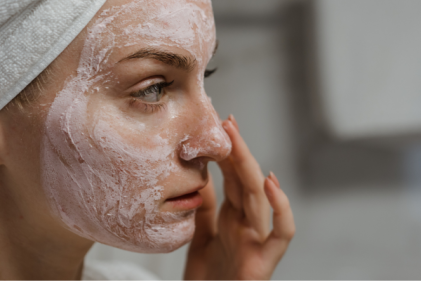The potential benefits of swabbing infants, who are born via caesarean section, with their mother's vaginal fluids has been a talking point in the obstetrics and gynaecological field for some time as researchers seek to investigate the advantages of the practice.
Acting upon the hypothesis that children would be less susceptible to a number of conditions if exposed to certain microbes from within their mother's body, scientists in Puerto Rico conducted a small study using 18 infants - 11 of whom were born via C-section.
Dividing the infants into groups, scientists swabbed four of the 11 born via C-section with their mother's fluids in a 15-second procedure mere minutes after their delivery.
Over the course of the following four weeks, 1,500 samples were taken from the 18 participating subjects, and results indicated that unswabbed babies born via C-section carried bacteria from the delivery room while swabbed babies more closely resembled their vaginally-delivered counterparts.
According to the findings, infants born via C-section had less gut bacteria than those born vaginally - a finding which when levelled out as the infants began displaying similar bacteria patterns on their mouth and skin.
Researchers are of the opinion that vaginal microbial exposure has far-reaching effects on infants while infants born via C-section more likely to suffer from allergies, diabetes, obesity, and asthma.
It is thought that the results of the study may act as motivation to implement the practice on all infants who need to be born via C-section.
SHARE to voice your opinion on the procedure.














